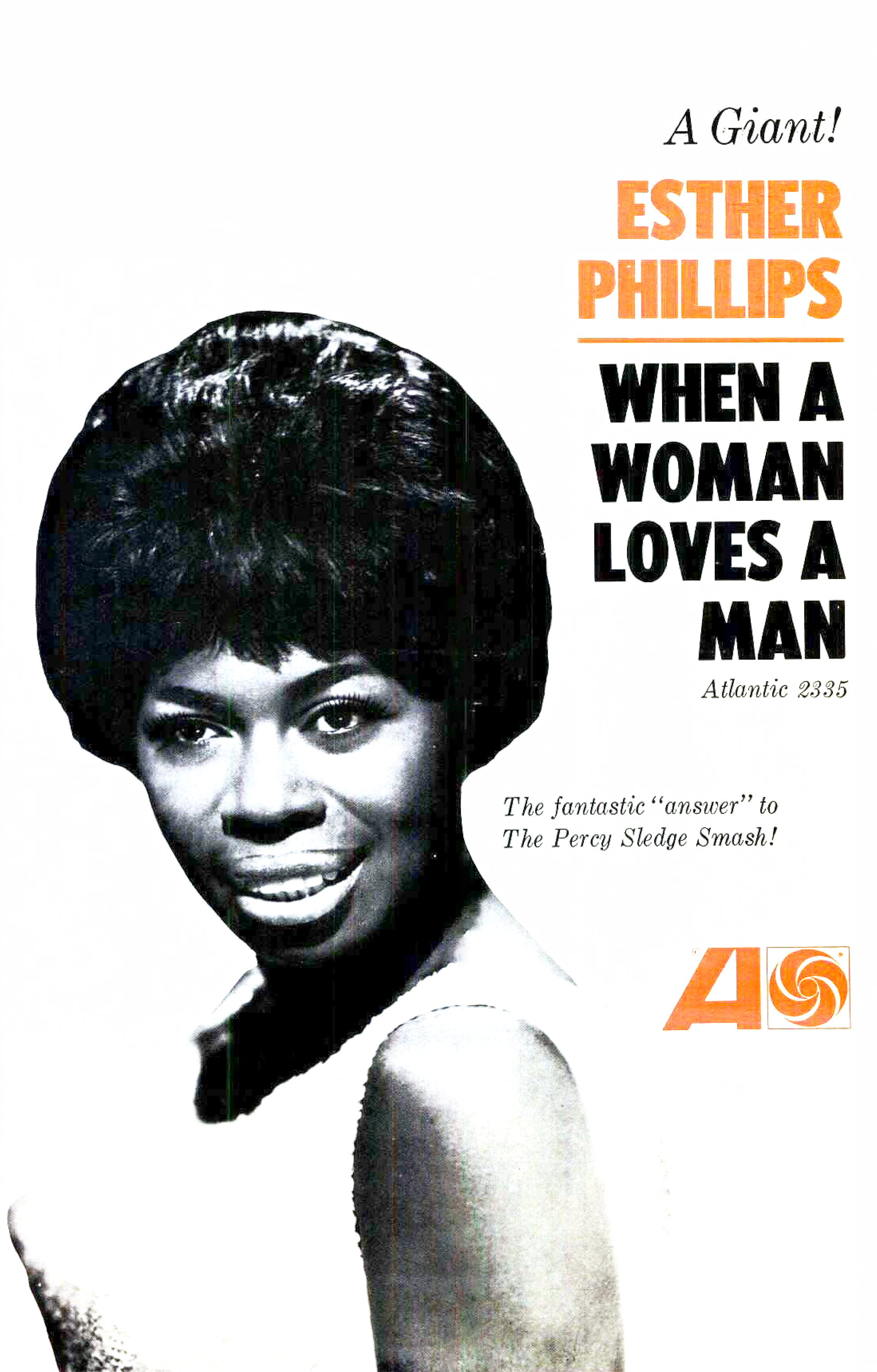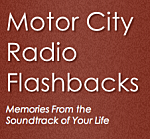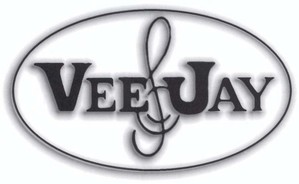
“WHEN A WOMAN LOVES A MAN” * Esther Phillips * Atlantic Records (1966)
![]()
 From the MCRFB NEWS archive: 1966
From the MCRFB NEWS archive: 1966
CHICAGO — An unidentified West Coast combine is bidding for debt-ridden Vee-Jay Records, a bankruptcy hearing in U. S. District Court here revealed
last week.
The group’s attorney said the purchase is contingent upon whether or not 69 Four Seasons’ masters would be included in the acquired assets. The Seasons formerly recorded for Vee-Jay.
 The masters in question were awarded to Vee-Jay in a settlement when the singing group was signed by Philips records. Under terms of that agreement. the masters were to go to Mercury Record Corp. in the event that Vee-Jay, even then on shaky ground financially, went bankrupt.
The masters in question were awarded to Vee-Jay in a settlement when the singing group was signed by Philips records. Under terms of that agreement. the masters were to go to Mercury Record Corp. in the event that Vee-Jay, even then on shaky ground financially, went bankrupt.
An attorney representing Four Seasons’ agents, Barneget Enterprises, declared in court here last week that the masters must revert to Mercury. The issue of who gets the Four Seasons’ masters will be decided by the court referee in a hearing May 17. If the ruling grants the masters to Mercury-Philips, the West Coast combine will drop its purchase bid. If the ruling favors sale of the masters to Mercury-Philips, the West Coast combine will drop its purchase bid. If the ruling favors sale of the masters to the Vee -Jay buyers, the combine will pick up Vee-Jay’s $1.8 million debt with a promise to pay creditors a dime on every dollar.
A separate arrangement will be made, in the event of a Vee-Jay sale, with regard to taxes owed the government.
NOT BANKRUPT
At the moment Vee-Jay is not technically bankrupt. The company is under chapter II of bankruptcy law, still seeking a financial arrangement under a petition filed here in January.
At that time Vee-Jay president James Bracken said, “The proceedings were instituted with the expectation that the corporation could be reorganized on a sound financial basis. . . “
If in the May 17 hearing the Four Seasons’ masters go to Mercury and the purchase offer is withdrawn, the court will order receiver Gerald W. Grace of Chicago to take steps to liquidate Vee-Jay.
Meanwhile, Vee-Jay has suspended all operations and all employees have been released. Telephone callers discover that Vee-Jay’s telephone has been disconnected.
Formed in Chicago, in 1953, Vee-Jay moved to Los Angeles in 1964 to be closer to its management team. The company was hot at the time, with the Beatles under contract. The company fell into financial difficulty, lost the Beatles, and moved back to Chicago last fall.
At its return to Chicago, Vee-Jay had Jerry Butler, Betty Everett, Jimmy Reed, Little Richard, John Lee Hooker, the Dells, Joe Paige, Russ Morgan, Harry (Sweets) Edison, Fred Hughes, Joe Simon, Orville Couch and several gospel acts under contract.
Butler’s contract with Vee-Jay expires May 31, and he has been signed by Mercury.
One of the group seeking to buy Vee-Jay is reportedly Betty Chiapetta, former Vee-Jay controller. Identities of other parties in the combine are being withheld, but it is believed that some well -known industry figures are involved. END
___
(Information and news source: Billboard; May 14, 1966)
![]()
 From the MCRFB news archive: 1966
From the MCRFB news archive: 1966
MOTOR CITY MOBILE OUTLET SETS SIGHTS ON STEREO 4-Track BOOM EXPANSION FOR AUTO, HOME MARKETS, 1966

DETROIT — An $1,800 investment about five years ago has grown into the flourishing Michigan Mobile Radio, Inc., which bills itself as the “world’s largest automotive sound specialist.”
The present 11,000 – square -foot installation handles the complete Muntz line of 4-track stereo tape cartridge players for car and home.
Jack Frankford, 27-year-old president of the corporation, estimates sales of about 500 units a month from the present 11,000-square-foot outlet, which does retailing and installations.
Michigan Mobile also carries the cartridge catalogs of ITCC and Muntz, and recently completed a deal with Motown Records to distribute Motown tapes in 4 -track cartridge. Frankford said the Motown arrangement means the label will sell and promote tapes as a separate item for the first time. The importance of Motown in the Detroit scene was evidenced by Frankford’s initial order of 1,500, followed by an additional 1,500 order.
Frankford, using the image of “Crazy Jack,” has relied heavily on radio advertising to spur business, buying 43 broadcast hours a week on stations in the Detroit area and nearby Canada. The idea is to hit the potential buyer via the car radio. The nickname was born as an ad lib, tailored by a local disk jockey. It was used by Frankford when he began operations in a former car wash of 2,400 square feet because he felt the Michigan Mobile name would sound too imposing for the relatively small operation. The firm’s present advertising agency developed the name further to personalize the corporation.
After going from car lot to car lot since the age of 16 repairing auto radios, Frankford opened his first outlet to sell car radios in 1960. Late that year the business was expanded to include citizen bands. In 1962 Motorola Vibrosonic sound units were added, with record players coming 18 months later, the A. R. C. (Automatic Record Changer) Electronics 45 r.p.m. machine. Late in 1964 and early the next year, cartridge players were added.
Michigan Mobile Radio also is involved in the distribution of cartridges to other dealers, both in and outside of Michigan. Frankford pointed out that the cartridge market was different from the record field, thus making it difficult for record distributors to hit major outlets in the automotive field, including service stations.
Frankford said there were now three distinct markets, records, 8-track cartridges and 4-track cartridges. He conceded he couldn’t supply record dealers, who work through their record distributors, but he said he supplies an inventory of cartridge product to non-record outlets. END
(Information and news source: Billboard; May 14, 1966)
![]()